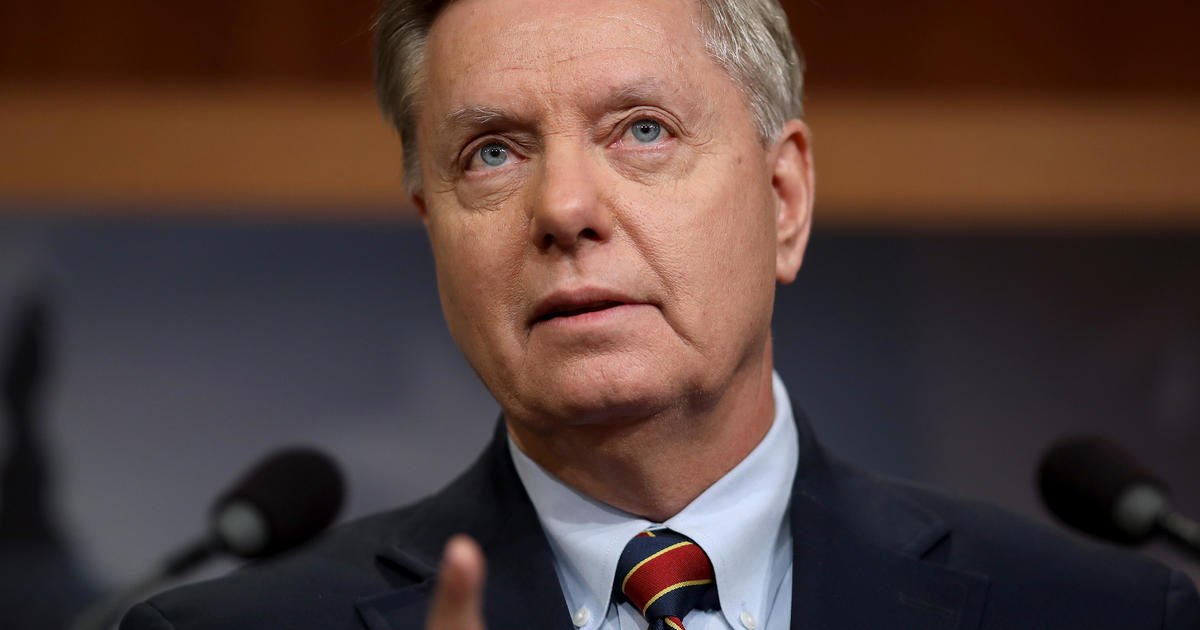Sen. Lindsey Graham’s latest attempt to delay his testimony before the Fulton County grand jury investigating whether then-President Trump and his allies interfered in the 2020 presidential election has been denied by a federal judge. Graham asked for an emergency stay over the order to testify, pending appeal, and asked the district judge to halt the grand jury’s ability to enforce the subpoena. That request was denied.
The South Carolina GOP senator on Friday also asked the 11th Circuit Court of Appeals to issue a stay on the order, likely leaving the matter of his testimony, which is scheduled for next week, in the hands of a 3-judge panel.
Graham had already asked a federal judge to quash a subpoena, arguing that he was performing “legislative acts” when he twice called Georgia Secretary of State Brad Raffensperger after the election. Attorneys for Fulton County argued in court filings that Graham’s actions were not legislative, that he was calling to “explore the possibility of a more favorable outcome” for Trump.
U.S. District Judge Leigh Martin May ruled earlier this week that Graham’s position as a senator does not shield him from the special grand jury in Fulton County and ordered him to appear as a witness before the special grand jury on Aug. 23.
May wrote, “The Supreme Court has recognized that there are any number of activities a member of Congress might engage in that unquestionably fall outside the scope of protected legislative activity because they are, in fact, ‘political in nature rather than legislative.'”
Graham, who was at the time the chairman of the Senate Judiciary Committee, appealed the ruling, claiming that he had merely been “doing his due diligence before the Electoral Count Act certification vote — where he voted to certify the election,” according to his office.
President Joe Biden won Georgia by just under 12,000 votes, or a margin of 0.5%. Graham has acknowledged the phone calls in the past and dismissed any allegations of wrongdoing, telling “Face the Nation” in January that he “asked about how the system worked when it came to mail-in voting, balloting.”
The ruling on Graham comes as Trump is under increasing scrutiny from a series of high-profile investigations. Last Friday, a New York City judge blocked an effort to dismiss criminal tax fraud charges against Trump’s company and its former CFO. Two days earlier, Trump invoked the Fifth Amendment hundreds of times while attending a court-ordered deposition in a sweeping civil fraud probe run by New York Attorney General Letitia James. The deposition came two days after the FBI searched Trump’s Mar-a-Lago residence for top secret documents allegedly improperly removed from the White House. Federal agents in that case are investigating Trump for potential violation of three criminal statutes, including the Espionage Act.
Graham Kates is an investigative reporter covering criminal justice, privacy issues and information security for CBS News Digital. Contact Graham at [email protected] or [email protected]
